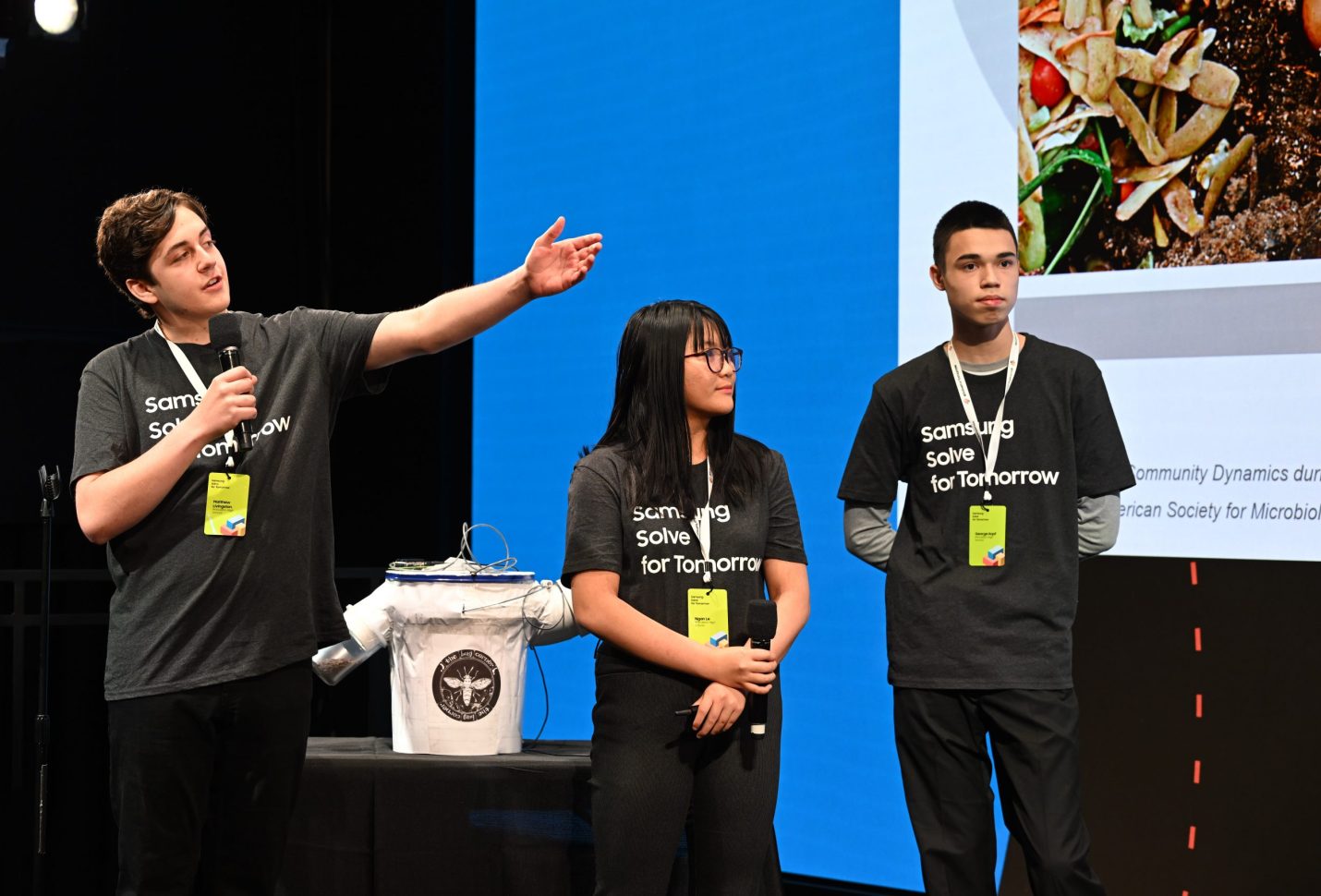
C3S: July 22 hottest day in recent history
July 22 was the hottest day on earth in recent history, according to the Copernicus ...

In an Opinion column for The Star-Ledger/NJ.com, Mark Eastburn, science teacher at Princeton High School in New Jersey, writes that to eliminate the national deficit in science, technology, engineering, and math (STEM) teachers – estimated at a gap of 300,000 educators – we need to change the way science is taught. Mark’s class was a National Winner in Samsung’s Solve for Tomorrow STEM competition, which challenges U.S. public school students in grades 6-12 to explore the role STEM can play in solving some of the biggest issues in their local communities. Drawing on his 23 years of K-12 teaching experience, his provocative plea is “Let’s stop beating the love of science out of our kids,” as he strongly advocates for embracing the problem-solving approaches to STEM teaching that Solve for Tomorrow encourages.
“Let’s stop beating the love of science out of our kids. After 23 years of K-12 teaching, the last five as a High School STEM teacher, I still love the work. Since joining the U.S. Peace Corps out of college, this is what I have wanted to do, inspired by my students, their curiosity, their enthusiasm for learning how things work. But I also have witnessed the sometimes soul-numbing impact of the WAY we typically teach STEM in the U.S. While improving STEM education is a broad goal shared across K-12 education, there are very real, practical hurdles we must address.”
July 22 was the hottest day on earth in recent history, according to the Copernicus ...
Google has engaged in partnership with DHL to utilize the DHL Express GoGreen Plus service ...
Mars has announced registering a record 8% greenhouse gas (GHG) emissions reduction against its 2015 ...


اترك تعليقا